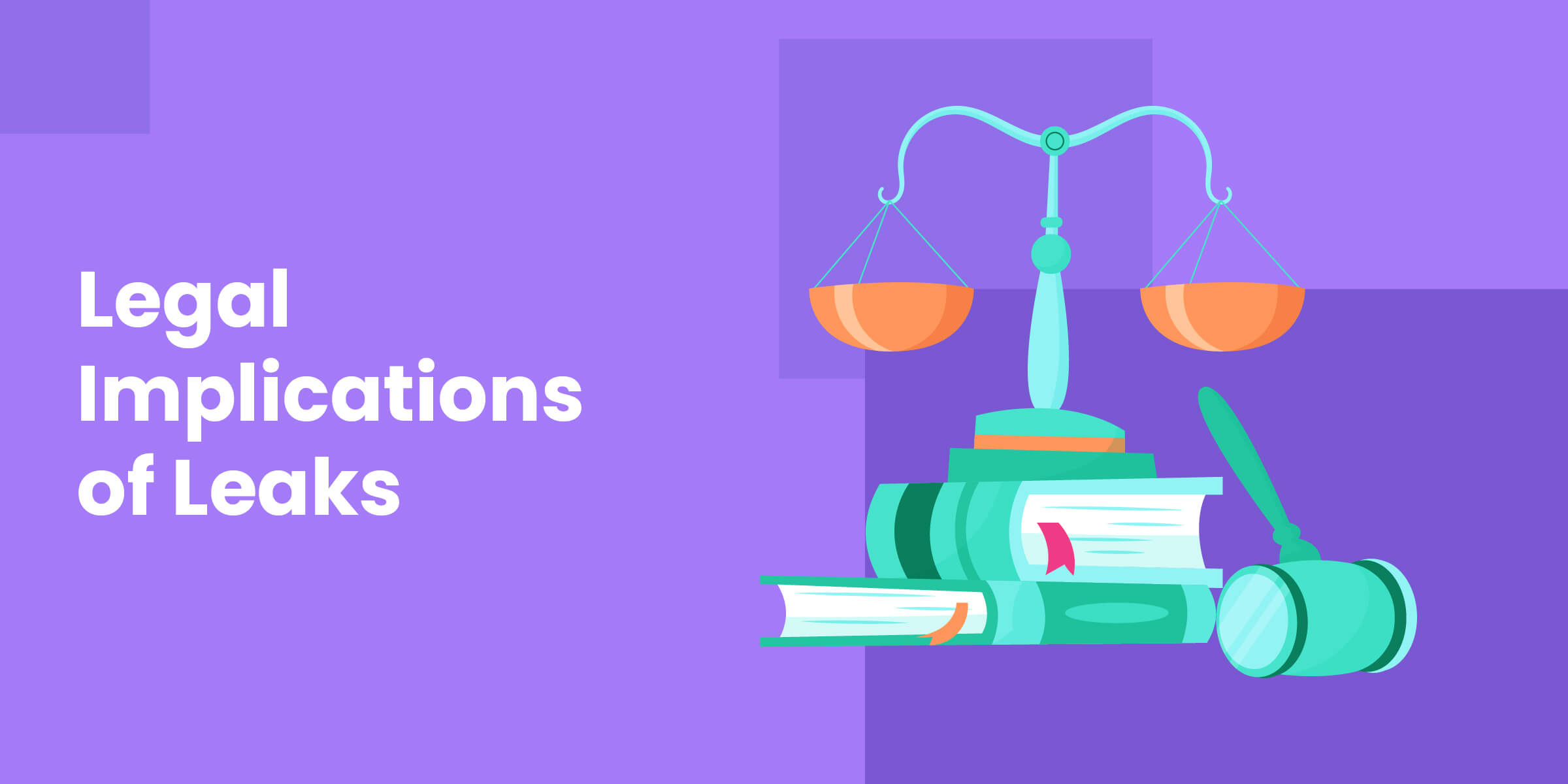In the rapidly evolving landscape of digital content creation, platforms like OnlyFans have carved out a significant niche, empowering individuals to monetize exclusive content directly from their audience. Yet, this innovative model, represented by cases such as the legal scrutiny around "Sakimo OnlyFans," frequently collides with complex legal frameworks, raising profound questions about intellectual property, privacy, contractual obligations, and platform responsibility. What precisely are the legal implications when a creator's digital output, and indeed their online persona, becomes entangled in a web of regulations, terms of service, and public perception?
Editor's Note: Published on 25 May 2024. This article explores the facts and social context surrounding "sakimo onlyfans the legal implications".
The Creator Economy's Legal Quagmire
The rise of the creator economy has introduced unprecedented avenues for individual entrepreneurship, particularly in the realm of adult content and lifestyle vlogging. OnlyFans, in particular, has become synonymous with direct monetization through subscriptions. However, this decentralized model often operates in a legal grey area, particularly concerning the rights and responsibilities of both creators and the platform. The "Sakimo OnlyFans" situation, while specific in its context, serves as a crucial lens through which to examine broader systemic challenges. Such cases often bring to light the inherent tension between a creator's autonomy, the platform's terms of service, and the overarching legal structures governing digital content dissemination.
"The digital content space is a legal minefield. Every click, every upload, every subscription carries potential implications, from copyright enforcement to data privacy and even jurisdictional conflicts. Creators often operate without the full legal infrastructure traditional businesses rely upon." Dr. Evelyn Reed, Digital Law Ethicist.
Navigating Creator Autonomy and Platform Governance
At the heart of many disputes involving content creators on platforms like OnlyFans lies the delicate balance between individual creator rights and the platform's governance policies. Creators, often operating as independent contractors, retain ownership of their intellectual property but agree to a comprehensive set of terms dictated by the platform. When issues arisebe it unauthorized content distribution, accusations of misrepresentation, or contractual disagreementsthe lines of accountability can blur. The specific circumstances surrounding "Sakimo OnlyFans" underscore how easily personal brand and digital output can become subjects of intense legal and ethical debate. Factors such as content moderation, the handling of user data, and the enforcement of community guidelines all contribute to this complex interplay. The question of whether OnlyFans acts merely as a host or bears greater responsibility for the content published on its servers remains a recurring point of contention in various legal jurisdictions.
Key Revelation: Many legal challenges on creator platforms stem not from the legality of the content itself, but from its unauthorized redistribution or the misinterpretation of platform user agreements. This often transforms personal disputes into complex intellectual property battles.
